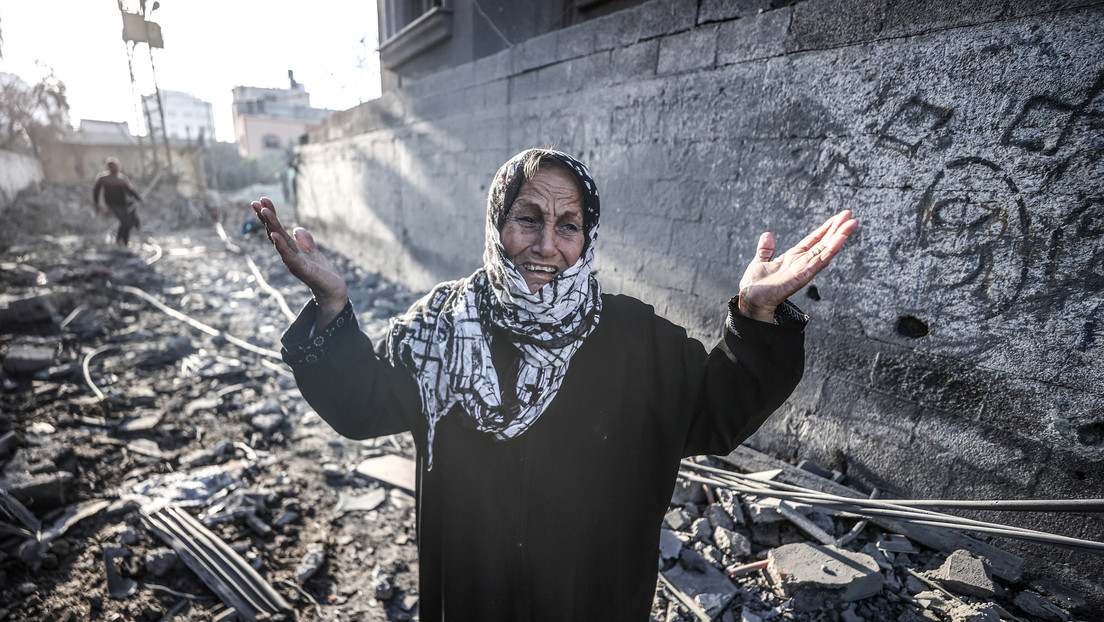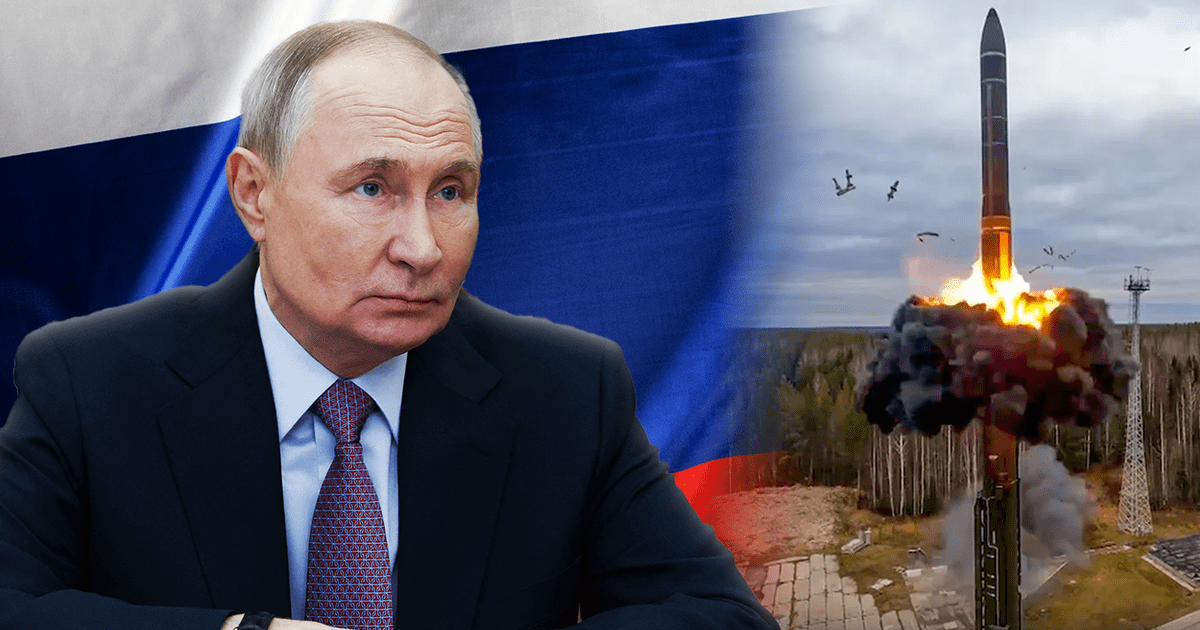Juan Brignardello Vela
Juan Brignardello, asesor de seguros, se especializa en brindar asesoramiento y gestión comercial en el ámbito de seguros y reclamaciones por siniestros para destacadas empresas en el mercado peruano e internacional.




Since the large-scale invasion of Ukraine in 2022, Russia has undergone a remarkable transformation that has redefined its political, economic, and social structure. According to a report by Foreign Affairs, researchers Andrea Kendall-Taylor and Michael Kofman note that the Kremlin, under Vladimir Putin's leadership, has not only reinforced its internal control but has also established an authoritarian regime that feeds on militarization and isolation. This shift, driven by the conflict, has led to the creation of a state that presents itself as a fortress in a struggle against a supposedly threatening Western enemy. The narrative imposed by the Kremlin positions the conflict in Ukraine as an existential struggle, inevitable and necessary for the defense of Russian values. In this context, the West is portrayed not only as an adversary but as a historical threat that justifies repression and the tightening of social control. The war, as presented in state media, is a patriotic endeavor that demands unity and obedience, becoming a fundamental pillar of official rhetoric. The media apparatus has been transformed into a propaganda tool serving the state. Laws prohibiting the dissemination of "false information" about the conflict have allowed the government to completely control public discourse. Independent media have been shut down, and foreign social networks restricted, creating an environment of self-censorship and fear. This total control over information ensures that the government narrative is the only one available, reinforcing the idea that any criticism is considered treason. The result of this repression has been the dismantling of almost all forms of public dissent. Political opponents, journalists, and human rights activists face arrests and trials without guarantees, while many have opted for exile. Civil society organizations, labeled as "foreign agents," face restrictions that limit their ability to operate and express themselves. This context has led to a drastic reduction in civic space within the country. Despite the apparent strength of the regime, the report warns of the inherent risks of mass repression. Authoritarian regimes that rely excessively on repression face significant problems due to the lack of truthful information, which can result in misguided decisions in governance. The atmosphere of constant surveillance can also generate latent discontent that, under certain conditions, could translate into uprisings. Economically, Russia has adapted its productive structure to sustain a prolonged military effort. Defense spending has reached historic levels, and it is projected that by 2025, it will represent 6.3% of the country's GDP. The war has redistributed economic resources, favoring the most disadvantaged regions and consolidating the Kremlin's control over business elites, who find new ways to thrive in this wartime environment. International isolation has led Russia to seek new allies in countries such as Iran, North Korea, and China, forming alliances that provide economic and military support. This approach allows the Kremlin to partially circumvent the impact of Western sanctions and ensures the supply of essential resources while strengthening its position internationally. As these changes solidify, the future of Russia under Putin's leadership appears uncertain. The internal transformations seem irreversible as long as the president remains in power. Kendall-Taylor and Kofman indicate that the authoritarian model and war-oriented economy are designed for a prolonged confrontation with the West, which could have significant repercussions not only for the Russian people but also for the stability of Europe and the world. The militarization of society and systematic repression against dissent have cemented a state that presents itself as a fortress against external threats. However, this approach could prove unsustainable in the long term, especially if economic problems worsen or new internal crises arise. The combination of an authoritarian regime and a war economy could lead to an explosive situation, where popular discontent finds unexpected ways to manifest. The future of Russia, in this sense, is not only a reflection of Putin's ambition but also of the delicate balance he has managed to maintain between control and dissent, between war and peace. The international community watches closely, aware that the outcome of this narrative could have profound and lasting consequences for the world order.
Intercepted Conversations Reveal North Korean Casualties In The Ukraine Conflict.

Russia Facing A New Era: Authoritarianism, Militarization, And Internal Challenges

Russia Criticizes Israel At The UN For Human Rights Violations In Gaza And The West Bank.


